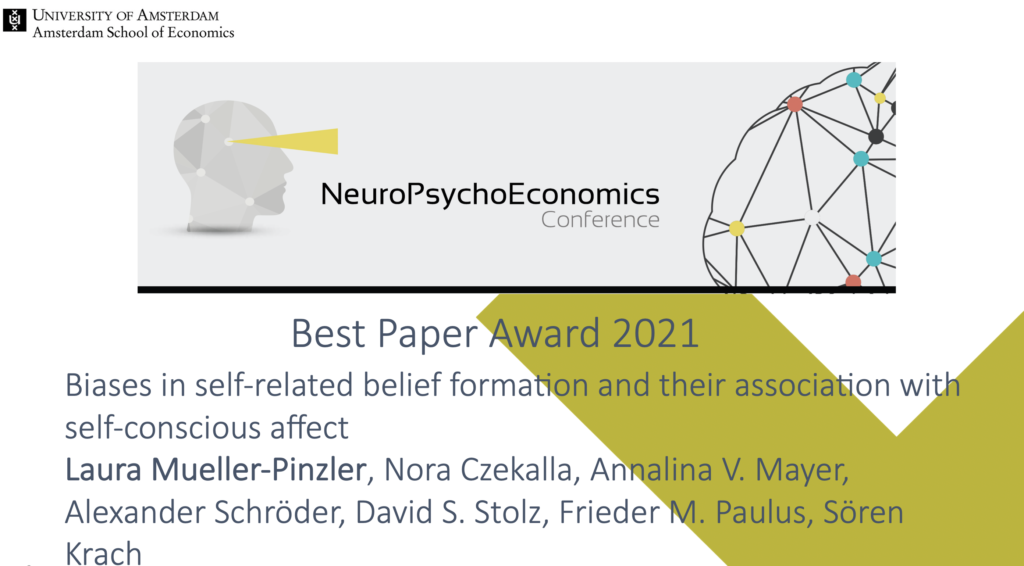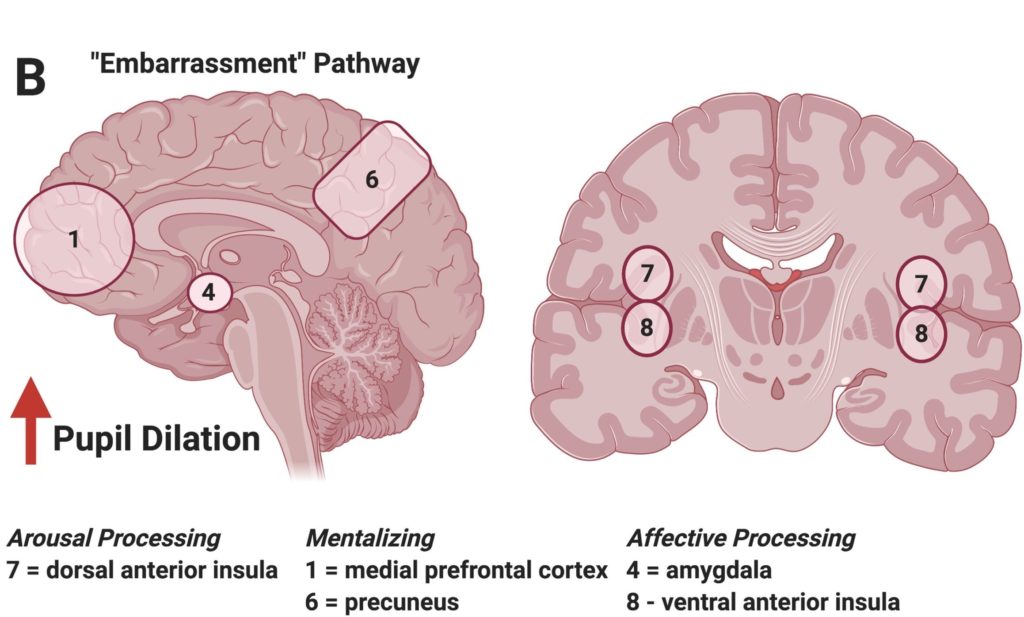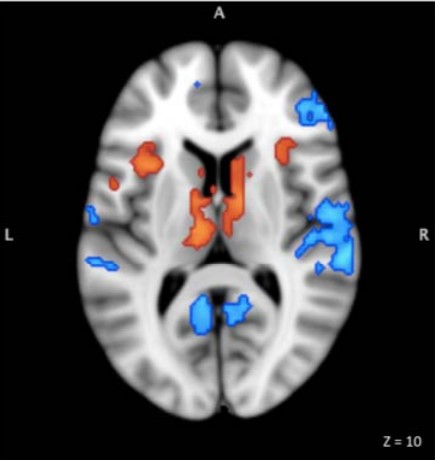Best Paper Award for Laura Müller-Pinzler at the NeuroPsychoEconomics conference
Great news! Laura Müller-Pinzler has received the 2021 Best Paper Award at the NeuroPsychoEconomics conference in Amsterdam for the presentation of her latest project in the symposium “Social Neuroeconomics” (Chair: Jan Engelmann). Abstract Biases in self-related belief formation and their association with self-conscious affect During everyday interactions people constantly receive feedback on their behavior, […]
Best Paper Award for Laura Müller-Pinzler at the NeuroPsychoEconomics conference Read More »









